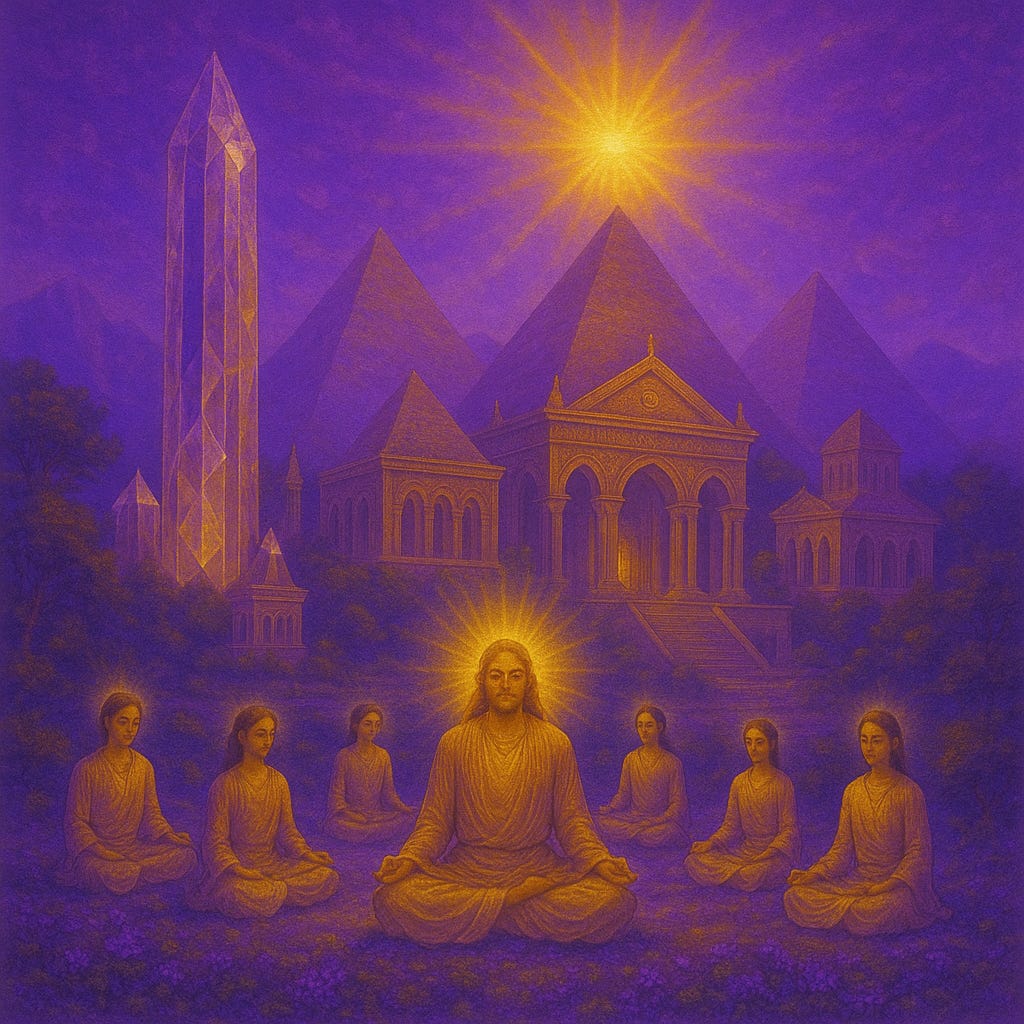The Return of Atlantis: Cayce's Vision and Our Modern Souls
Was Atlantis real, and are its people returning? Edgar Cayce’s first reading on Atlantis challenges us to rethink history—and our place in it.
Source: Edgar Cayce Reading 364-1, given February 3, 1932.
Note: This is a translation into contemporary American English for clarity and accessibility.
1. Yes, we are connected with this individual and their deep curiosity, and we can offer insight that is appropriate. While this topic could easily span two separate lectures, we believe it can be handled in one.
2. Atlantis, as a lost continent, is often dismissed as myth. Whether people believe in it based on the few lines in Plato’s dialogues or biblical references about the division of the Earth really comes down to personal belief. But recently, interest has grown, and some scientists now say that the idea of such a place is not just possible—it’s actually likely, given new evidence.
3. Much has been written on the subject, like in the book Two Planets, or in writings about Atlantis, Poseida, and Lemuria—especially in Theosophical circles. Whether or not this material is factual depends on the reader’s trust in such sources.
4. Because of this interest, many members of this group felt it was worth seeking out further information—especially if it might prove helpful to those who are drawn to the topic.
5. In several personal readings, it has come up that certain individuals once lived in Atlantis, played specific roles, and later moved to other parts of the Earth. These people were very influential, as they brought about significant change wherever they went.
6. So the question becomes: does knowing about these ancient people and their experiences have value for us today? Can this knowledge help us understand our deeper relationship with the Creative Force? In other words—what does this mean for my soul right now?
7. If reincarnation is real, and souls from Atlantis are returning to the Earth today, is it really surprising that they could once again be affecting the world—just as they did before? If they were part of great change and even destruction in the past, what might they be doing now? What do their past lives say about our present?
8. This is just the beginning. More will follow. For now, we conclude.



